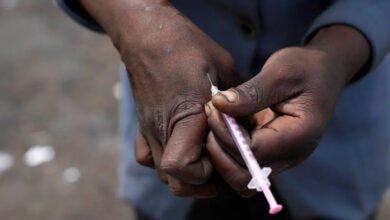Why Children Are Calling Each Other “Chopped” — And How Parents Should Respond

It’s troubling to hear children calling one another “chopped” or using the word to judge nearly anything they dislike. Not long ago, girls were being disparagingly labeled as “bops” or “huzz.” Now, yet another slang is circulating in school halls and online spaces.
What’s the Meaning of the Word Chopped?
Traditionally, chopped simply means to cut something into pieces. But in Gen Z and Gen Alpha slang, it has taken on an uglier meaning: “ugly.”
Recently, some young people have begun using an even harsher variation, “chuzz,” a combination of chopped and huzz that translates loosely to “ugly hoes.” The term is aimed mostly at girls, adding a layer of misogynistic sting.
According to Phillip Lindsay, a teacher and TikTok creator who regularly breaks down student slang, “chopped” is currently the most commonly used insult among his students. He explains that while it originally meant “ugly,” its meaning has broadened. Now, children may call anything they dislike “chopped.” In other words, “that’s chopped” = “that sucks.”
What to do if Your Child Is Being Called “Chopped”
Unfortunately, name-calling, whether in school or on social media, can chip away at a child’s confidence.
If you see this happening online, report the content to the platform where it was posted.
When deciding whether the comments count as bullying, the charity Family Lives offers simple guidance:
- It may be harmless banter if it’s an isolated incident.
- It becomes bullying when the name-calling is frequent, persistent, or continues after the child has asked for it to stop.
In other words, it is not only about what was said, how it makes the child feel also matters. If the person responsible is from school, start by speaking to your child’s teacher or form tutor.
Steps to Take
- Arrange a meeting with the teacher to discuss what has happened.
- Request copies of the school’s: Behaviour policy, anti-bullying policy, and complaints procedure
- Make it clear that you expect a plan of action to help resolve the situation.
The sooner the issue is addressed, the better the chance of preventing long-term emotional harm.





